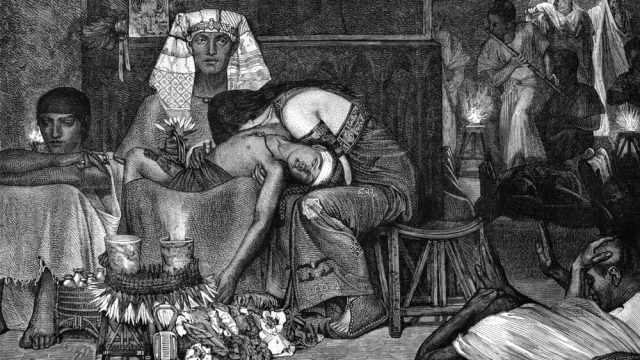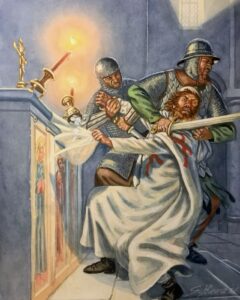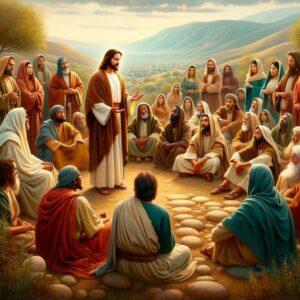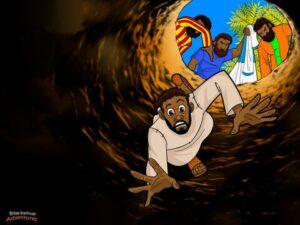Introduction
The final and most severe of the Ten Plagues of Egypt was the death of the firstborn. This catastrophic event, recorded in the book of Exodus, was a pivotal moment in the liberation of the Israelites from Egyptian bondage. This blog will delve into the biblical account, the significance of this plague, and the spiritual lessons it imparts.
Biblical Account
The Final Plague The death of the firstborn is described in Exodus 11:1-10 and Exodus 12:29-32. God, through Moses, warned Pharaoh of the impending disaster if he continued to refuse to let the Israelites go. At midnight, the Lord struck down all the firstborn in Egypt, from the firstborn of Pharaoh who sat on the throne to the firstborn of the prisoner in the dungeon, and the firstborn of all the livestock. This resulted in a great cry throughout Egypt, as there was not a house without someone dead.
Passover: The Protection of Israel God instructed the Israelites to sacrifice a lamb and mark their doorposts with its blood. This act of obedience was known as Passover. When the Lord passed through Egypt to strike down the firstborn, He “passed over” the houses marked with blood, sparing the Israelite families from the plague. This event is commemorated annually by Jews around the world during the festival of Passover.
Pharaoh’s Response Overwhelmed by the death and destruction, Pharaoh finally relented and summoned Moses and Aaron during the night. He told them to leave Egypt with all the Israelites and their possessions, thus granting them their freedom. This marked the beginning of the Exodus, the mass departure of the Israelites from Egypt.
Modern Interpretations and Lessons
Symbolic Interpretations The death of the firstborn symbolizes the ultimate consequence of sin and disobedience to God. It serves as a stark reminder of the cost of hardening one’s heart against divine will.
Passover and Redemption Passover is rich in symbolic meaning, foreshadowing the sacrifice of Jesus Christ, the Lamb of God, whose blood provides salvation and deliverance from sin for all who believe. The act of marking the doorposts with blood symbolizes the protective power of faith and obedience.
Spiritual Lessons This final plague offers several important spiritual lessons:
- God’s Sovereignty: It underscores God’s ultimate control over life and death and His power to deliver His people.
- Judgment and Mercy: The simultaneous demonstration of judgment on Egypt and mercy on Israel illustrates the dual aspects of God’s nature.
- Faith and Obedience: The Israelites’ act of faith in marking their doorposts with blood highlights the importance of trust and obedience to God’s commands.
- Freedom and Liberation: The liberation of the Israelites from Egypt symbolizes the freedom from bondage to sin that believers receive through Christ.
Conclusion
The death of the firstborn was a profound and pivotal event in the narrative of the Ten Plagues of Egypt. It marked the culmination of God’s judgment on Egypt and the beginning of Israel’s journey to freedom. This dramatic event highlights the themes of God’s sovereignty, the importance of faith and obedience, and the protective power of divine mercy.








